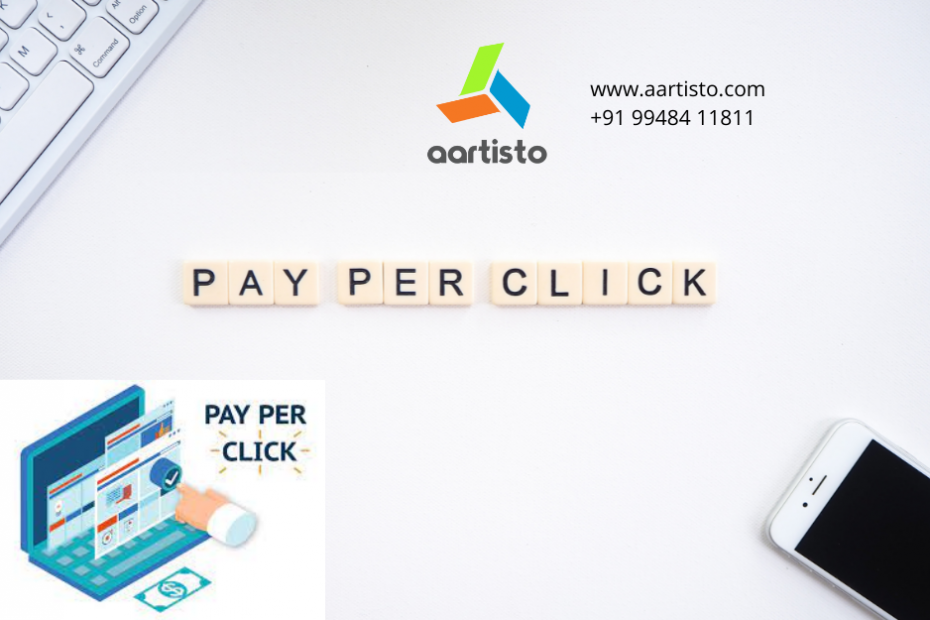What Is PPC? Learn the Basics of Pay-Per-Click Marketing
Even if you have heard little about PPC marketing, are curious to know more, or already know that you would like to use PPC to market your business, you know exactly where to start!
This is PPC University’s first course, a set of three instructional courses that will teach you everything you need to know about PPC and how it works.
First, we need to define the PPC and build a basic understanding of how PPC advertising works. Let’s go!
What is Pay-Per-Click?
PPC stands for Pay-per-Click, an internet marketing model in which advertisers pay when they click on one of their ads. It’s a way of buying visits to your site, rather than trying to “earn” those visits naturally.
Search engine advertising is one of the most popular forms of PPC. This allows advertisers to bid on search engine-sponsored links when searching for the keyword associated with their business offer.
For example, if you bid on the keyword “PPC Software”, our ad may appear in the first place on the Google results page.
What is Google Ads?
Google Ads is the most popular PPC advertising system in the world. The ad site enables businesses to create ads that appear on Google’s search engine and other Google properties.
Google Ads operates on a pay-per-click model, in which users bid on keywords and pay for each click on their ads. Each time you start a search, Google digs into the Advertisers group and selects the winner’s set to appear in the valuable advertising space on the search results page.
“Winners” are selected based on a combination of factors, including the quality and relevance of their keywords and advertising campaigns, and the size of their major bids.
Pay-Per-Click Keyword Research
Keyword research for PPC can be incredibly time-consuming, but it is incredibly important. Your entire pay-per-click campaign is built around keywords, and the most successful Google ads advertisers are constantly growing and improving their list of PPC keywords.
If you research keywords only once, you will lose hundreds of thousands of valuable, long-tail, low cost, and highly relevant keywords that can generate traffic to your site when creating your first campaign.
The effective pay-per-click keyword list should be:
Relevant
Of course, you do not want to pay for internet traffic that has nothing to do with your business. You need to find key pay-per-click click-through rates, effective cost per click, and target keywords that lead to increased profit. That means the keywords you bid on should be closely related to the offers you are selling.
Exhaustive
Your keywords should include not only the most popular and frequently searched words in your key area of research but also a long search. Long-tail keywords are more specific and less common, but they account for most of the traffic driven by search. In addition, they are less competitive and therefore less expensive.
Expansive
Repeat PPC. You want to constantly refine and expand your campaigns, and create an environment where your list of keywords continues to grow and change.
If you want to find more, industry-specific keywords to use in your PPC campaigns, check out our popular keywords.
Managing Your Pay-Per-Click Campaigns
Once you’ve created your new campaigns, you need to constantly manage them to make sure they continue to be useful. Regular accounting activity is one of the best predictors of account success. You should continue to analyze the performance of your account and make the following changes to improve your campaign:
Add PPC Keywords: Expand the range of your PPC campaigns by adding keywords related to your business.
Add negative keywords: Add unchanged keywords as negative keywords to improve campaign relevance and reduce wasteful spending.
Spilled ad groups: Improve click-through rate (CTR) and quality score by splitting your ad groups into smaller, more relevant ad groups, which help create more targeted ad text and landing pages.
Review key PPC Keywords: Review expensive, low-performance keywords and disable them if necessary.
Refine Landing Pages: Change the content of your landing pages and call action (CDAs) to align with individual search queries to increase conversion rates. Do not send your traffic to the same page.
FAQs
What is pay-per-click model?
Pay Per Click (PPC) is an Internet advertising model used to generate traffic to websites, in which an advertiser pays the publisher (usually a search engine, website owner or network of websites) when the ad is clicked.
Is it hard to learn PPC?
Starting with PPC is easy, but requires training to perform better, and every industry and client is different.
